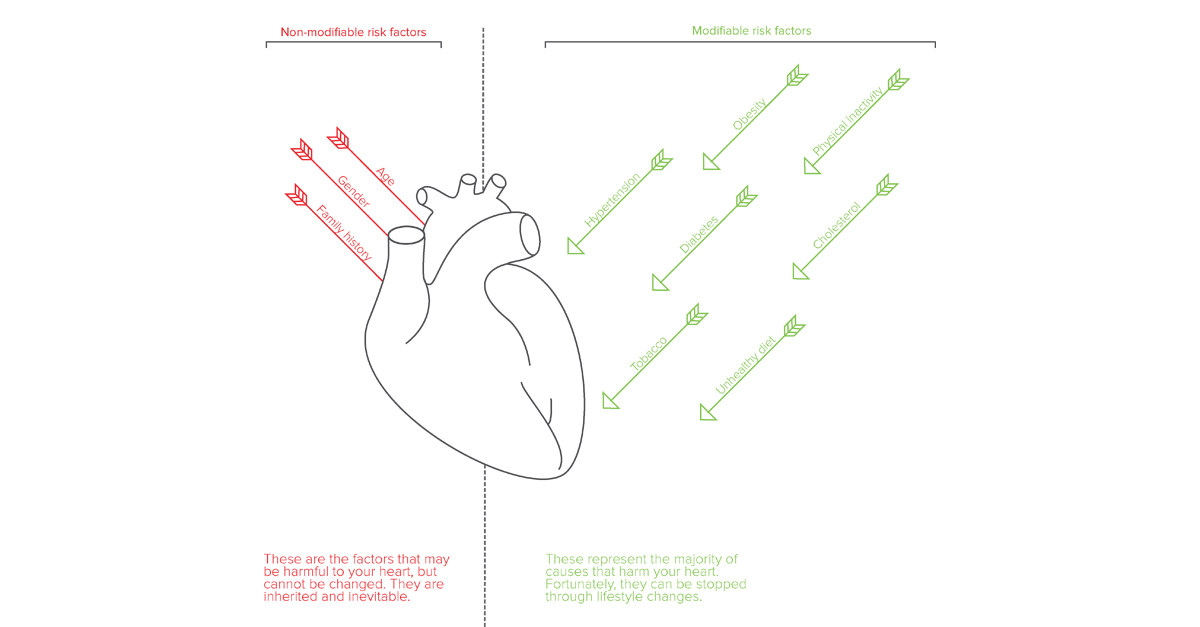-
PRODUCTS
- Anaesthesia & Respiratory
- Baby
- Casting
- Continence Care
-
Diagnostic
- See all Diagnostic
- Accessories
- Bladder Scanner
- Blood Testing
- Breathalyzer
- Cholesterol Testing
- Covid Testing
- Dermatoscope
- Diabetes Monitoring
- Drug Testing
- Endoscopy
- Eye Ear Nose & Throat
- Height Measures and Charts
- INR
- Jars and Containers
- Medical and Surgical Instruments
- Parts and Accessories
- Scales
- Testing
- Urinalysis
- Womens Health
- Ear Irrigation
-
Equipment
- See all Equipment
- "Miscelllaneous, Parts and Accessories"
- Beds
- Blood Collection Chair
- Bracket & Dispensers
- Carts & Trolleys
- Cryosurgery
- Electrosurgery
- Examination Couches & Tables
- Fridge & Freezers
- IV Stands
- Laundry & Cleaning Trolleys
- Miscellaneous
- Play Panels
- Privacy Screens and Curtains
- Stools and Step Ups
- Stools, Bed Screens & IV Stands
- Tens
- Transferring & Patient Handling
- Waste Disposal
- X-Ray Viewers
-
General Consumables
- See all General Consumables
- "Couch Rolls, Protectors & Underpads"
- "Registers, Records and Certificates"
- Bags Assorted
- Batteries
- Blankets and Warmers
- Bracket
- Child Rewards
- Containers
- Cups
- Dental Film Process Products
- Dr Bags
- Ear Piercing
- Feminine Hygiene
- First Aid and Trauma
- Gels and Lubricants
- Identification
- Linen
- Marker
- Miscellaneous
- Ostomy
- Paper and Printing Consumables
- Paper Products
- Parts and Accessories
- Personal Care
- Pill Cutters and Crushers
- Ultrasound Gel
- Wooden Applicators
- Gloves
- Hand & Body Hygiene
-
Infection Prevention & Control
- See all Infection Prevention & Control
- Absorbent Powder
- Bedpans & Urinals
- Caps
- Clinical Sheets
- Containers
- Dispensers
- Eye Protection
- Face Masks
- Hand Hygiene
- Miscellaneous
- Parts & Accessories
- Protective Apparel
- Scrubs
- Spill Kit
- Surface Cleansers & Wipes
- Surgical Packs & Drapes
- Toileting & Waste Disposal
- Tray Liners
- Wipes and Skin Protection
- Intravenous Infusion & Administration
-
Medical & Surgical Instruments
- See all Medical & Surgical Instruments
- Biopsy Punch
- Chiropody Pliers & Podiatry
- Cleaning and Protection
- Curettes
- Dental Syringe
- Dilator
- Ear Irrigation
- Forceps
- Hammer
- Male Health
- Marker
- Miscellaneous
- Nasal Speculum
- Needle Holder
- Pack
- Probe
- Retractor
- Ring Cutter
- Scalpel Handles & Blades
- Scissors
- Skin Hook
- Sucker
- Tuning Forks
- Urology
- Uterine Curettes & Sounds
- Medical Lighting
- Medical Lighting
- Needles & Syringes
- Nutritional Support
- Oral Care
- Patient Monitoring
-
Pharmaceuticals
- See all Pharmaceuticals
- Alimentary
- Anaesthetic
- Analgesia
- Antihistamines
- Cardiovascular
- Central Nervous System
- Creams and Ointments
- Endocrine & Metabolic
- Eye Ear Nose & Throat
- Infections & Infestations
- Miscellaneous
- Musculoskeletal
- Nutrition
- Ointment Products
- Other
- Register
- Respiratory
- Skin
- Solutions
- Rehabilitation & Mobility
- Skin Care
- Sports & Recovery
-
Sterilisation
- See all Sterilisation
- Autoclaves
- Biological Indicators and incubators
- Chemical Indicator Tapes
- Chemical Indicators and Integrators
- Cleansing Solutions & Detergents
- Instrument Protector
- Labels
- Marker
- Paper and Printing Consumables
- Parts & Accessories
- Record Keeping Supplies
- Steam Indicator Sheets and Tests
- Sterilisation Pouches & Rolls
- Towels and Cloths
- Trays and Bowls
- Ultrasonic Cleaners
- Water
- Wraps
- Sutures & Skin Closures
- Urology
- Vaccines
- Wound Care
- Wound Management
- Brands
- News & Updates
Learn How MESI ABPI MD Can Help Reduce
the Incidence of Cardiovascular Disease
According to the Australian Department of Health in 2014-15 around 1.2 million people were diagnosed with cardiovascular conditions, such as strokes and heart disease. It is considered a major cause of death in Australia with 43,477 deaths in 2017. Significant risks associated with heart diseases are advancing age, genetic predisposition, gender, ethnicity, behavioural factors and the presence of other chronic diseases, like diabetes and chronic kidney disease.
Cardiovascular conditions can result in a number of complications, like heart failure, heart attack, stroke, sudden cardiac arrest, aneurism, and Peripheral Artery Disease (P.A.D). Heart failure is the most common complication of heart disease and occurs when the heart can’t pump enough blood to meet body’s needs. In 2014/2015, close to 3% of the population reported having a long-term CHD condition, accounting for 620,000 Australians. Heart attack is caused by a blood clot obstructing the blood flow to the heart, while stroke is a consequence of blood flow obstruction to the brain. Cardiac arrest is the sudden loss of heart function whereas Aneurism, is an abnormal swelling or bulge in the wall of a blood vessel and it can occur anywhere throughout the circulatory system. Peripheral Arterial Disease (P.A.D.), specifically LEAD (Lower Extremity Artery Disease) causes obstruction of blood flow to extremities, usually legs, which manifests most notably in leg pain when walking. P.A.D can be present in a patient undetected for a long time – but it could be easily prevented by regular checkups.

According to the American Heart Association and the European Society of Cardiology Guidelines on the prevention of cardiovascular disease, cardiovascular patients require a comprehensive cardiovascular risk assessment. Both guidelines recommend Ankle-Brachial Index (ABI) measurement as the first step to early discover LEAD and lower the number of deaths caused by cardiovascular diseases. Cardiologists are mostly concerned with early diagnosis in patients with coronary heart disease and hypertension. ABI test should be performed regularly at least once a year by general practitioners as well as cardiologists, according to numerous studies; 40-60 % of patients with P.A.D also have coronary artery disease or cerebral artery disease. For timely detection of blocked arteries, experts recommend automated testing with MESI ABPI MD as it makes the process significantly faster and simpler in comparison with the traditional Doppler test. The test takes 1 minute, providing reliable result based on simultaneous blood pressure readings in an arm and both legs. The MESI ABPI MD is based on the PADsense™ algorithm: which means that the device is equipped to analyse the pulse waveform and indicate the presence of severe disease with PAD symbol. This is a great feature in case the patient has severe PAD and there is no presence of pulse in the ankle or the pulse is very weak.
Cardiovascular conditions do not only affect the patient physically and psychologically but could also have an impact on their families and friends. Sarah Brealey of the British Heart Foundation reported in an exclusive survey in the Heart Matter magazine that 68% of the people interviewed who had experienced any form of heart condition were affected either mentally, emotionally and/or psychologically. Most common symptoms were anxiety, feeling low, depression or tearfulness. Almost half felt scared, while more than one third felt other people didn’t understand how the condition affected them.
At EBOS Healthcare, we understand the impact of how CVD could effect patients and their families so we have developed a MESI ABPI MD Trial platform available to all Healthcare Practitioners to help reduce CVD incidences in our community.

Call us today for a FREE MESI ABPI MD Trial
on 1800 269 534
Newsletter
Please enter your email address to subscribe to our newsletters.


